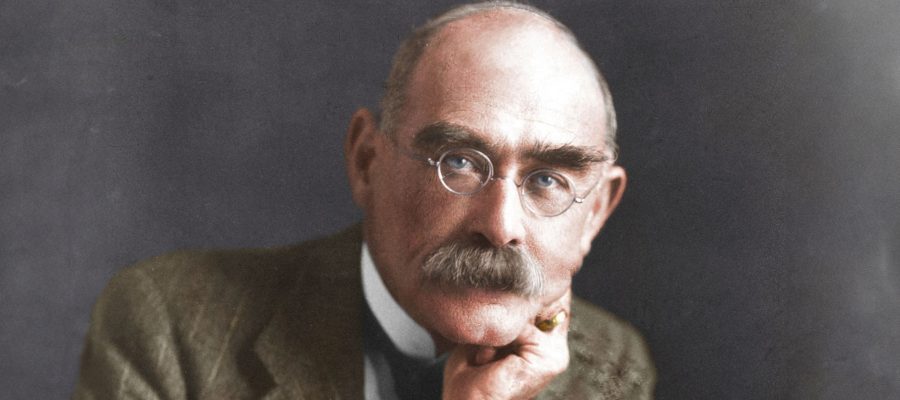Born in 1865 in Bombay, Rudyard Kipling’s formative years were shaped by the culture and landscape of British India. The lush jungles, colourful festivals, and dramatic contrasts of colonial life in India created a world of wonder and complexity, which later resonated through his imaginative literary creations and influenced his unique storytelling style.
Literary masterpieces
Kipling’s literary genius shines most vividly in his best-known work ‘The Jungle Book’. In this classic collection of stories, Kipling introduces readers to Mowgli, the boy raised by wolves in the Indian jungle. Through Mowgli’s adventures with animal characters, he explores profound themes of survival, identity, and the intersection of cultures. His skilful use of fables and allegory, set a new standard for the genre and continue to captivate readers of all ages. Another of Kipling’s notable works, Kim (1901), delves into the world of espionage and identity struggles against the backdrop of British-occupied India. Through the adventures of an orphaned boy who becomes a spy, Kipling offers a striking portrayal of the political and social landscapes of the British Raj. His detailed depiction of the diverse characters and settings in Kim not only entertains but also provides insights into the complexities of colonial India. In recognition of his outstanding contributions to literature, Kipling was awarded the Nobel Prize in Literature in 1907, becoming the youngest laureate in history.
Enduring legacy
Rudyard Kipling’s multifaceted legacy is a rich blend of captivating stories and controversial reflections on the British Raj. The classic characters from his work continue to inspire readers and creators alike. His stories have been adapted into countless films, plays, and other media. His unique voice and imaginative prowess cement his place as one of the greatest storytellers of his age, whose work continues to provoke thought and spark the imagination.

